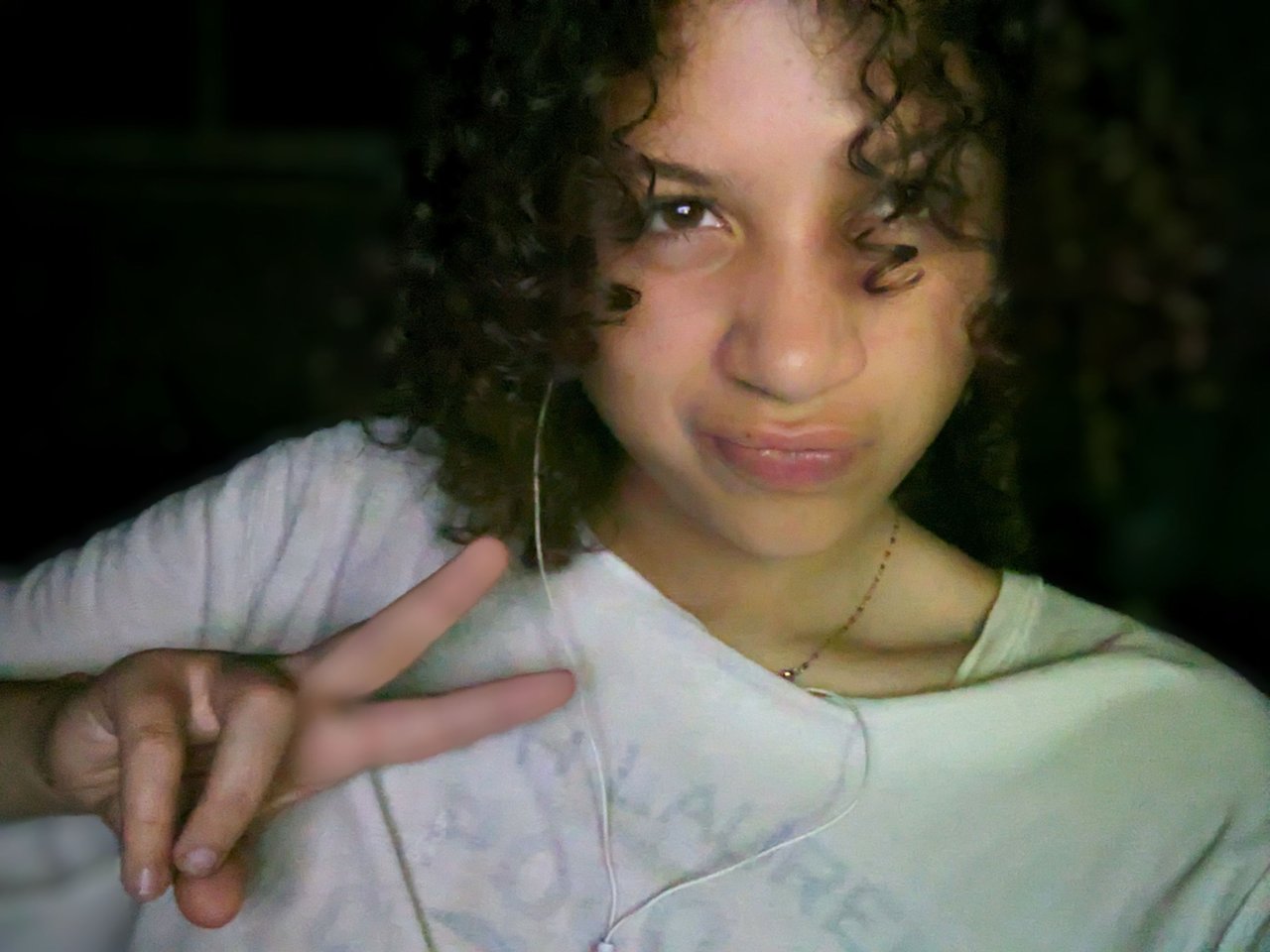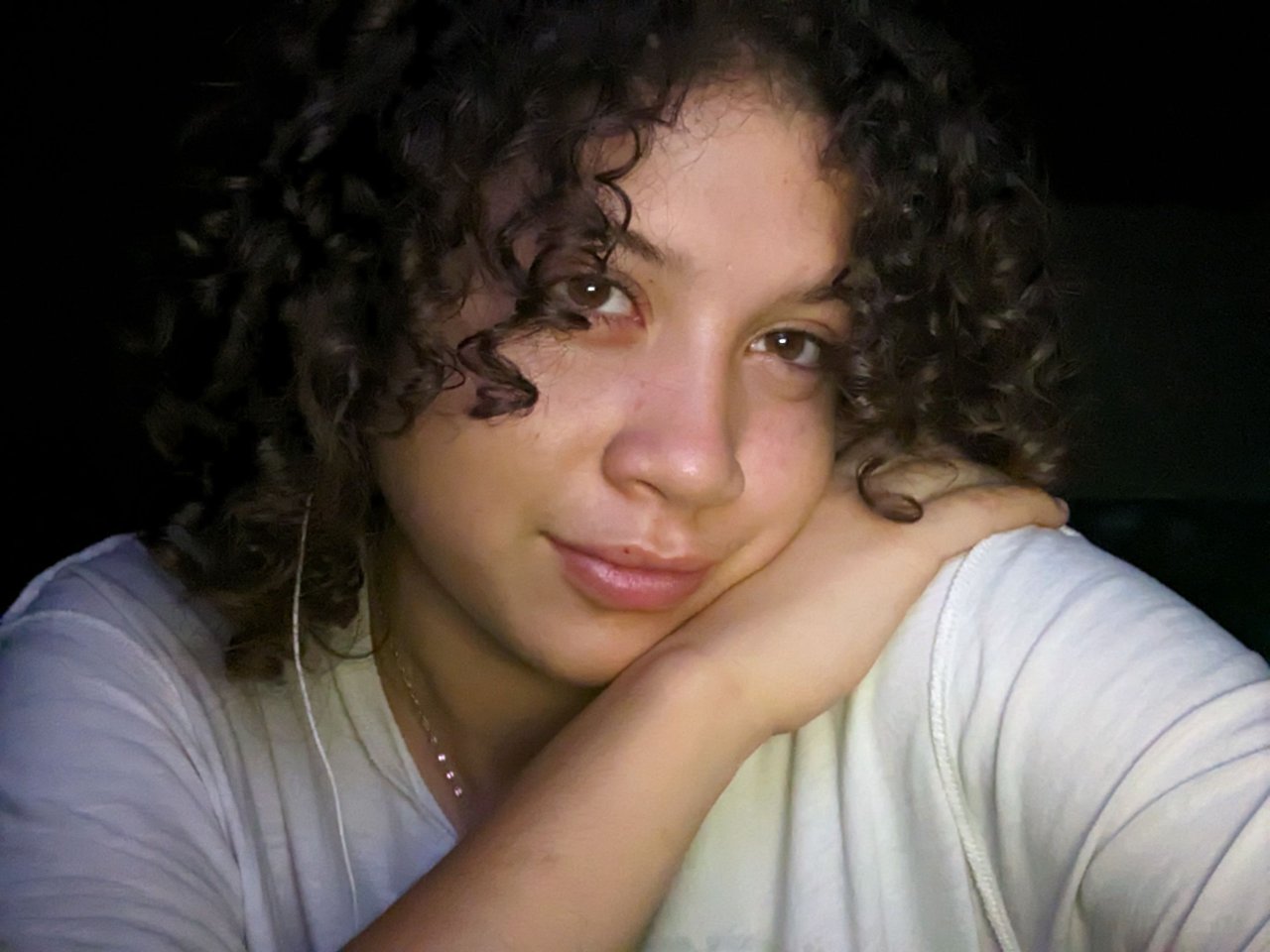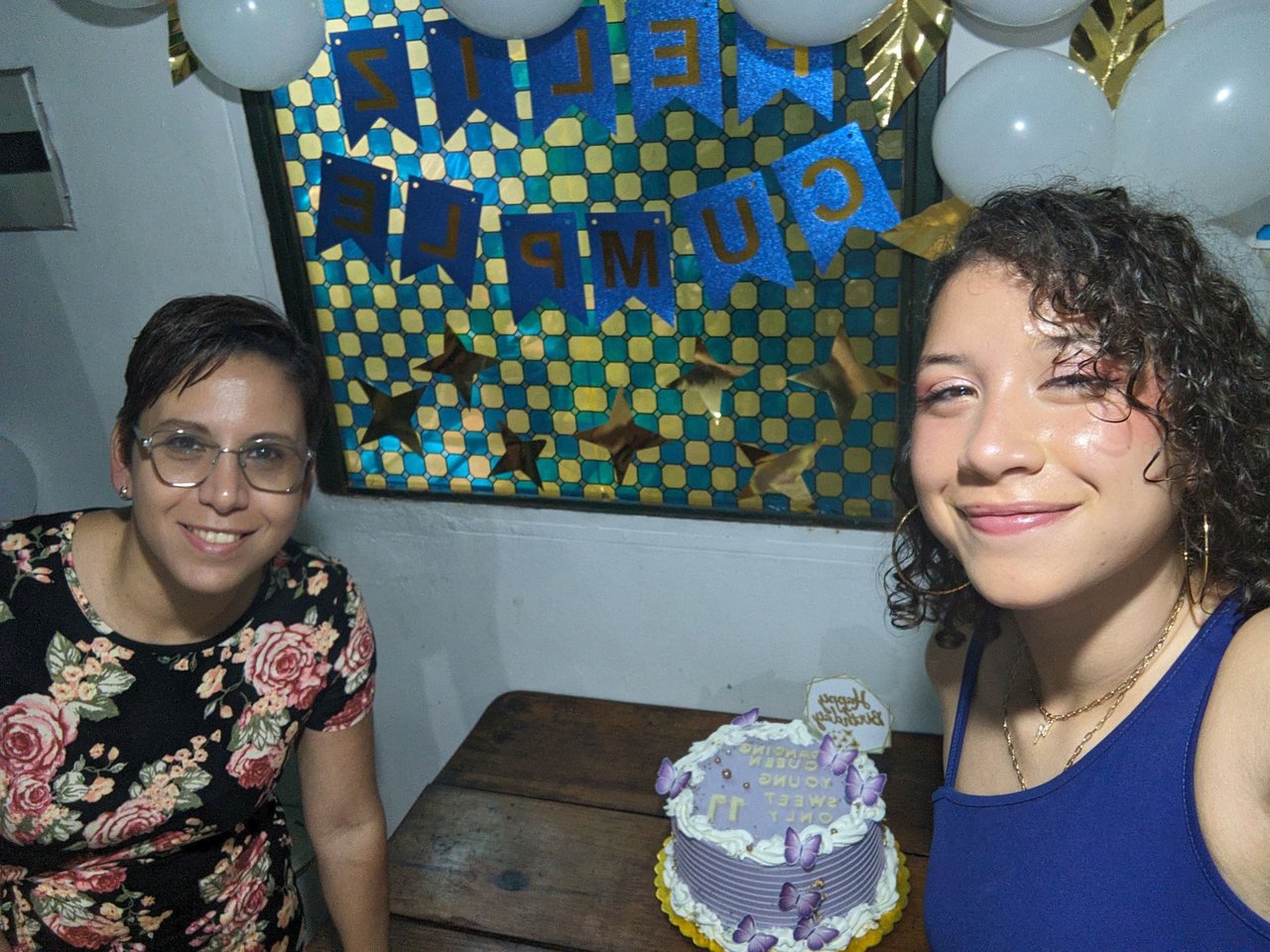A veces confundimos amar con cuidar en exceso.
Y a veces, sin darnos cuenta, en ese “exceso” terminamos cortándole las alas a quien más queremos ver volar.
Yo no soy mamá (todavía), pero he sido hija. Y desde ahí también se aprende. He visto cómo muchas veces los padres (y mis padres también), con la mejor intención del mundo, terminan sobreprotegiendo a sus hijos, sin darse cuenta de que eso también puede hacerles daño.
No, no estoy diciendo que no los cuiden. Obviamente no vas a dejar a tu hijo en el medio de la calle “pa’ que aprenda”. Pero hay una línea muy fina entre cuidar... y sobreproteger. Entre estar presente... y asfixiar. Entre ayudar... y resolverle todo.
Y la sobreprotección tiene consecuencias.
Niños que crecen con miedo, con poca autonomía, con la idea de que el mundo allá afuera es peligroso y que sin mamá o papá no pueden hacer nada.
La cosa es que sí pueden.
Y deben.
Pero necesitan que tú también lo creas.
Sé que da miedo. Sé que como padres lo único que uno quiere es evitarle sufrimientos a sus hijos. Pero... ¿y si ese miedo está frenando el crecimiento de tu hijo? ¿Y si protegerlo de todo le está impidiendo desarrollar las herramientas que necesita para la vida?
Los golpes enseñan.
Las caídas enseñan.
Y tú puedes estar ahí, no para evitarlos todos, sino para acompañarlo mientras aprende a levantarse.
Porque educar no es controlar.
Educar es confiar.
Y confiar también significa dejar que tu hijo descubra, se equivoque, se frustre, y también se sorprenda de todo lo que es capaz de hacer por sí solo.
Yo pienso que el amor más grande no es el que nunca suelta, sino el que suelta cuando es necesario. El que dice: “Estoy aquí si me necesitas... pero tú puedes solo.”
Espero les haya gustado el post de hoy, me gustaría leer sus opiniones y experiencias en los comentarios. Nos vemos pronto, baiss💗
Sometimes we confuse love with excessive care.
And sometimes, without even realizing it, in that “excess,” we end up clipping the wings of the one we most want to see fly.
I’m not a mom (yet), but I have been a daughter. And you learn a lot from that too. I’ve seen how many times parents (mine included), with the best intentions in the world, end up overprotecting their children—without realizing that this can also cause harm.
No, I’m not saying you shouldn’t take care of them. Obviously, you’re not going to leave your child in the middle of the street “so they learn.” But there’s a very thin line between caring and overprotecting. Between being present and smothering. Between helping and doing everything for them.
And overprotection has consequences. Kids who grow up fearful, lacking autonomy, thinking the world out there is dangerous and that without mom or dad, they can’t do anything.
But the truth is—they can.
And they should.
But they need you to believe that too.
I know it’s scary. I know that as a parent, all you want is to keep your child from suffering. But what if that fear is holding your child back? What if protecting them from everything is actually stopping them from developing the tools they’ll need in life?
The falls teach.
The hits teach.
And you can be there—not to prevent every single one—but to walk alongside them as they learn how to get back up.
Because raising a child isn’t about control.
Raising a child is about trust.
And trust also means letting your child discover, mess up, feel frustrated—and also be amazed by everything they’re capable of doing on their own.
I believe the greatest kind of love isn’t the one that never lets go—
but the one that lets go when it’s time.
The one that says, “I’m here if you need me, but you can do this on your own.”
At the end of the day, parenting isn’t about having total control—
it’s about guiding with love, healthy boundaries, and trust.
Children aren’t born to be protected like porcelain, but to learn, to make mistakes, and to grow.
Letting go is scary, yes—
but it’s also a deep act of love.
Because when you believe your child can,
you’re giving them something more powerful than any protection:
the certainty that they are capable.
And that, believe me, is worth more than a thousand “be careful"




